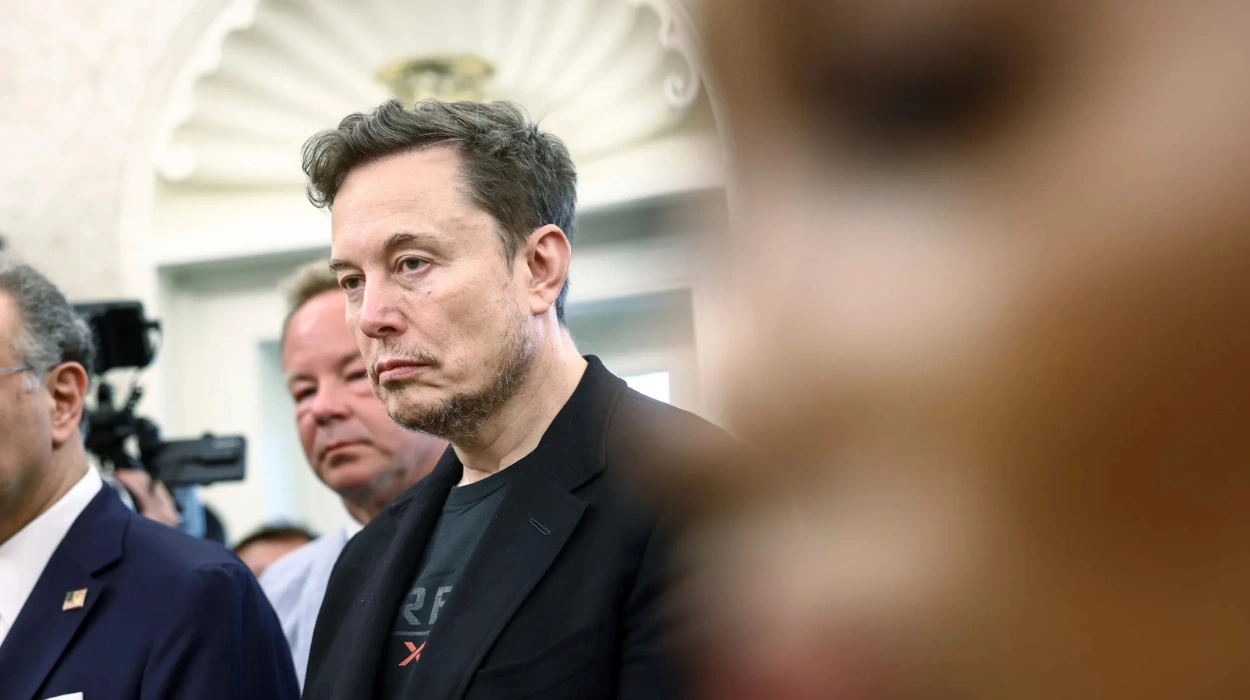Although Elon Musk is no longer President Trump’s adviser and head of the Department of Government Efficiency, he is still involved in D.C. circles. Bloomberg reported, citing anonymous sources, that he is now on the opposing side, pushing politicians on laws pertaining to autonomous cars.
When Tesla first introduced Autopilot in 2014, a driver-assistance system that set the stage for more sophisticated autonomous capabilities, the company started its path into self-driving technology in 2013. Elon Musk envisioned a future where cars could drive independently without human intervention, aiming eventually for fully autonomous vehicles without steering wheels or pedals, such as Tesla’s planned Cybercabs.
Autonomous vehicle regulation in the U.S. is currently fragmented, with states largely controlling rules on their roads. This patchwork complicates Tesla’s ability to deploy autonomous technology widely. Industry experts note that federal agencies, including the National Highway Traffic Safety Administration (NHTSA), have sometimes slowed progress due to regulatory caution and lack of clear standards.
According to Bloomberg, Musk and those close to him have been phoning members of Congress personally. His efforts seem to be focused on the Autonomous Vehicle Acceleration Act, a law that was presented on May 15.
Tesla’s founder has placed a large wager on robots, AI, and driverless cars for Tesla’s future. He has often linked the investment and ultimate commercialisation of autonomous cars to the company’s worth. Furthermore, next month, Tesla is expected to launch a small, geofenced robotaxi service in Austin, Texas. Additionally, Tesla plans to someday introduce driverless cars without pedals or steering wheels under the Cybercab brand. However, there are currently no explicit federal regulations or standards that would let such a vehicle function on a large scale.
There have been attempts to pass federal legislation on autonomous vehicles, such as a 2017 House bill allowing 100,000 AVs on public roads, but the Senate never voted on it. Recently, a new bill called the Autonomous Vehicle Acceleration Act was introduced on May 15, 2025, aiming to create a basic federal framework for AVs. Musk and his team are actively lobbying Congress to fast-track this bill or introduce a more comprehensive one before the July 4 recess.
Musk has frequently emphasised that Tesla’s future value hinges on AI, robotics, and autonomous driving. Tesla’s upcoming launch of a robotaxi service in Austin, Texas, scheduled for June 12, 2025, exemplifies this strategic focus. This service depends on regulatory approval and a clear federal framework to operate at scale.





